Visistadvaita Vedanta is commonly misunderstood as a modification of Advaita Vedanta, a later, derivative interpretation of Vedantic literature. The truth isñas argued by Georg Thibaut in his introduction to his English translation of the commentary of Samkara, the Advaitin, on the Brahmasutrañthat the commentary by the Visistadvaitin, Ramanuja, although about two centuries later, more accurately renders the meaning of the earlier sutras in those relatively few places where the two Vedantins are at odds. Vedanta as a classical school of philosophy, a darsana, beginsñas is the case with several other schoolsñin a sutra text, a text of aphorisms that together encapsulate principal teachings, in this case the Brahmasutra. At least, this is the professional beginning, so to say, the unsystematic commencement lying in much older texts called Upanisads. Upanisadic views about Brahman, the Absolute, as well as teachings about the self or soul, atman, and ways, yoga, to know or discover Brahman are systematized in relation to competing world views in the Brahmasµutra, which is attributed to Badarayana and is possibly as old as 100 C.E.
The most famous name associated with the Visistadvaita philosophy of the Srivaisnavas is Ramanuja (1017-1137). The Brahmasutra commentary of Ramanuja is commonly taken to be the foundational text for Visistadvaita Vedanta. This, however, needs qualification. Ramanuja refers to several authorsñwhose works are not extant, with one exceptionñas helpful in interpreting this or that sutra, authors in a Bhagavata or more broadly Vaisnava lineage, or lineages, predating Samkara and his Brahmasutra commentary which happens to be the oldest we have.
The present volume of this Encyclopedia summarizes Ramanjujaís philosophical writings, along with providing summaries and other information about the philosophical works of 134 other authors of the Visistadvaita system, both prior and posterior to Ramanuja.

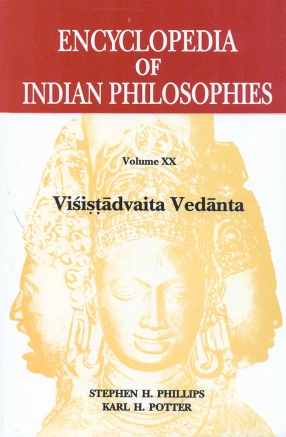
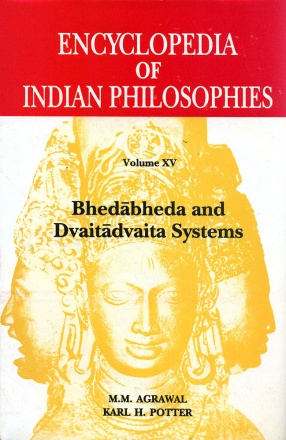
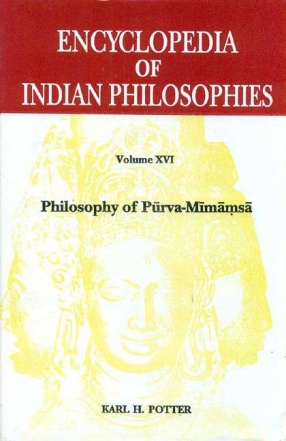
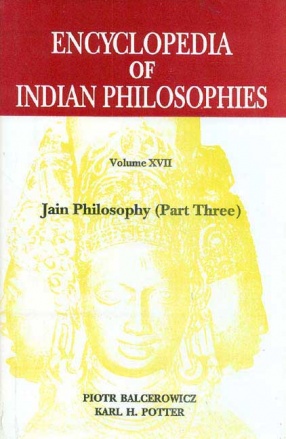
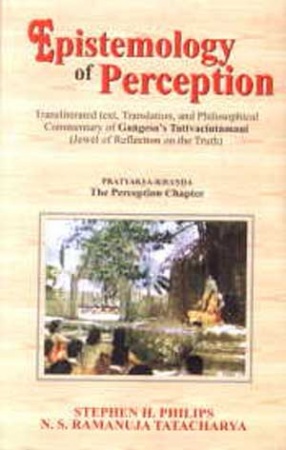
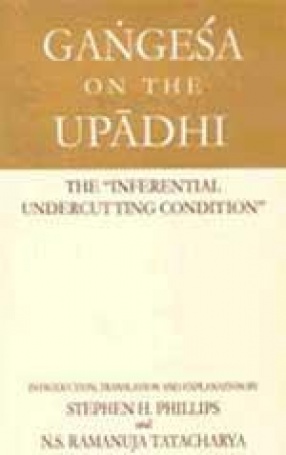
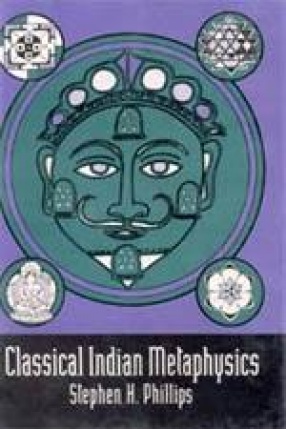
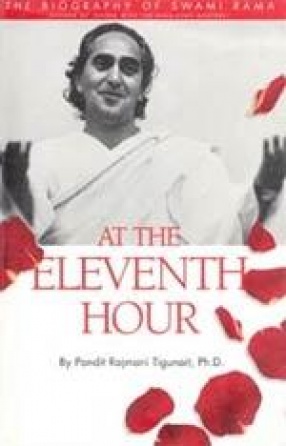
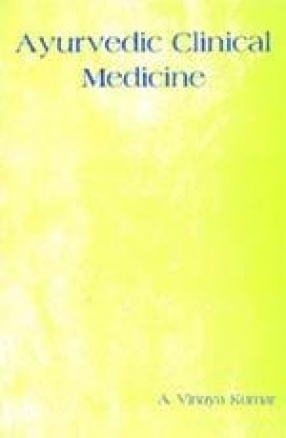
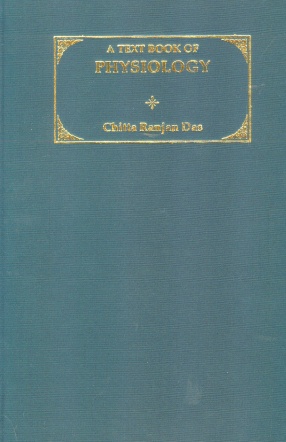
There are no reviews yet.